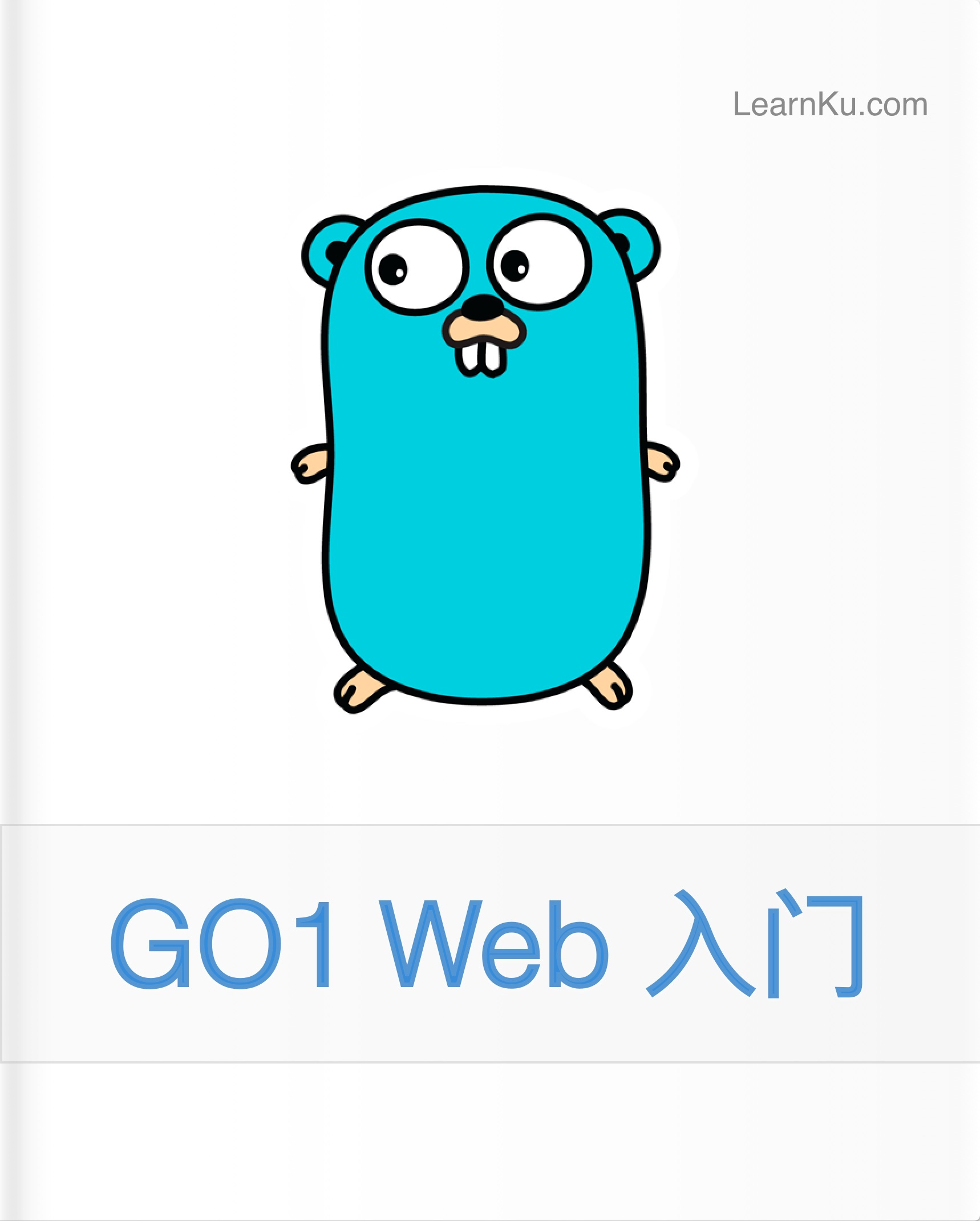2.4. Actions
这是一篇协同翻译的文章,你可以点击『我来翻译』按钮来参与翻译。
翻译时请参照官方英文原版文档。
Actions
Actions are the equivalent of methods in components. They can be defined with the actions property in defineStore() and they are perfect to define business logic:
export const useCounterStore = defineStore('counter', {
state: () => ({
count: 0,
}),
actions: {
// since we rely on `this`, we cannot use an arrow function
increment() {
this.count++
},
randomizeCounter() {
this.count = Math.round(100 * Math.random())
},
},
})Like getters, actions get access to the whole store instance through this with full typing (and autocompletion ✨) support. Unlike getters, actions can be asynchronous, you can await inside of actions any API call or even other actions! Here is an example using Mande. Note the library you use doesn't matter as long as you get a Promise, you could even use the native fetch function (browser only):
import { mande } from 'mande'
const api = mande('/api/users')
export const useUsers = defineStore('users', {
state: () => ({
userData: null,
// ...
}),
actions: {
async registerUser(login, password) {
try {
this.userData = await api.post({ login, password })
showTooltip(`Welcome back ${this.userData.name}!`)
} catch (error) {
showTooltip(error)
// let the form component display the error
return error
}
},
},
})You are also completely free to set whatever arguments you want and return anything. When calling actions, everything will be automatically inferred!
Actions are invoked like methods:
export default defineComponent({
setup() {
const store = useCounterStore()
// call the action as a method of the store
store.randomizeCounter()
return {}
},
})Accessing other stores actions
To use another store, you can directly use it inside of the action:
import { useAuthStore } from './auth-store'
export const useSettingsStore = defineStore('settings', {
state: () => ({
preferences: null,
// ...
}),
actions: {
async fetchUserPreferences() {
const auth = useAuthStore()
if (auth.isAuthenticated) {
this.preferences = await fetchPreferences()
} else {
throw new Error('User must be authenticated')
}
},
},
})Usage with setup()
You can directly call any action as a method of the store:
export default {
setup() {
const store = useCounterStore()
store.randomizeCounter()
},
}Usage with the Options API
<VueSchoolLink
href="vueschool.io/lessons/access-pinia-..."
title="Access Pinia Getters via the Options API"
/>
For the following examples, you can assume the following store was created:
// Example File Path:
// ./src/stores/counter.js
import { defineStore } from 'pinia',
export const useCounterStore = defineStore('counter', {
state: () => ({
count: 0
}),
actions: {
increment() {
this.count++
}
}
})With setup()
While Composition API is not for everyone, the setup() hook can make using Pinia easier to work within the Options API. No extra map helper functions needed!
import { useCounterStore } from '../stores/counter'
export default {
setup() {
const counterStore = useCounterStore()
return { counterStore }
},
methods: {
incrementAndPrint() {
this.counterStore.increment()
console.log('New Count:', this.counterStore.count)
},
},
}Without setup()
If you would prefer not to use Composition API at all, you can use the mapActions() helper to map actions properties as methods in your component:
import { mapActions } from 'pinia'
import { useCounterStore } from '../stores/counter'
export default {
methods: {
// gives access to this.increment() inside the component
// same as calling from store.increment()
...mapActions(useCounterStore, ['increment'])
// same as above but registers it as this.myOwnName()
...mapActions(useCounterStore, { myOwnName: 'increment' }),
},
}Subscribing to actions
It is possible to observe actions and their outcome with store.$onAction(). The callback passed to it is executed before the action itself. after handle promises and allows you to execute a function after the action resolves. In a similar way, onError allows you execute a function if the action throws or rejects. These are useful for tracking errors at runtime, similar to this tip in the Vue docs.
Here is an example that logs before running actions and after they resolve/reject.
const unsubscribe = someStore.$onAction(
({
name, // name of the action
store, // store instance, same as `someStore`
args, // array of parameters passed to the action
after, // hook after the action returns or resolves
onError, // hook if the action throws or rejects
}) => {
// a shared variable for this specific action call
const startTime = Date.now()
// this will trigger before an action on `store` is executed
console.log(`Start "${name}" with params [${args.join(', ')}].`)
// this will trigger if the action succeeds and after it has fully run.
// it waits for any returned promised
after((result) => {
console.log(
`Finished "${name}" after ${
Date.now() - startTime
}ms.\nResult: ${result}.`
)
})
// this will trigger if the action throws or returns a promise that rejects
onError((error) => {
console.warn(
`Failed "${name}" after ${Date.now() - startTime}ms.\nError: ${error}.`
)
})
}
)
// manually remove the listener
unsubscribe()By default, action subscriptions are bound to the component where they are added (if the store is inside a component's setup()). Meaning, they will be automatically removed when the component is unmounted. If you also want to keep them after the component is unmounted, pass true as the second argument to detach the action subscription from the current component:
export default {
setup() {
const someStore = useSomeStore()
// this subscription will be kept even after the component is unmounted
someStore.$onAction(callback, true)
// ...
},
}<VueSchoolLink
href="vueschool.io/lessons/access-pinia-..."
title="
本文中的所有译文仅用于学习和交流目的,转载请务必注明文章译者、出处、和本文链接
我们的翻译工作遵照 CC 协议,如果我们的工作有侵犯到您的权益,请及时联系我们。

 Pinia 中文文档
Pinia 中文文档



 关于 LearnKu
关于 LearnKu



